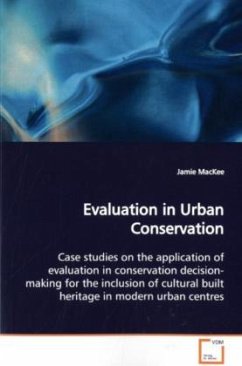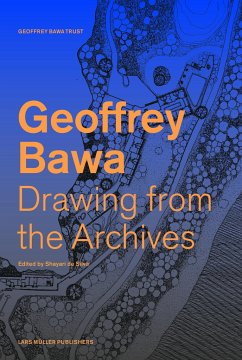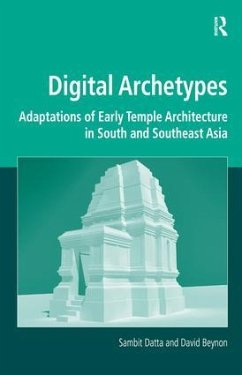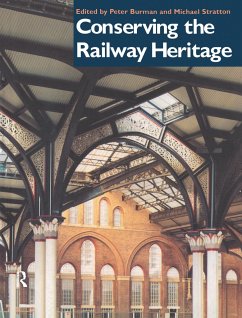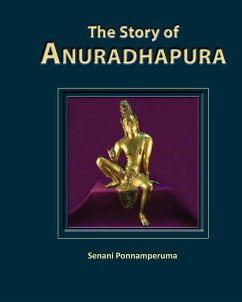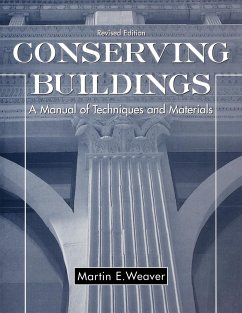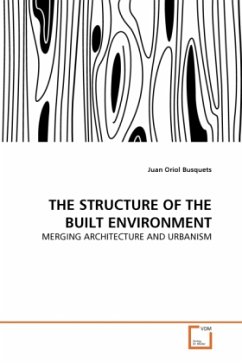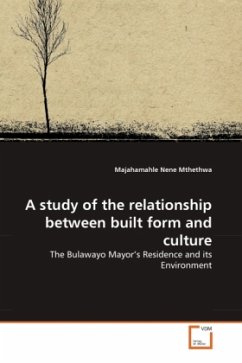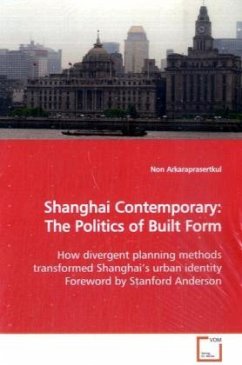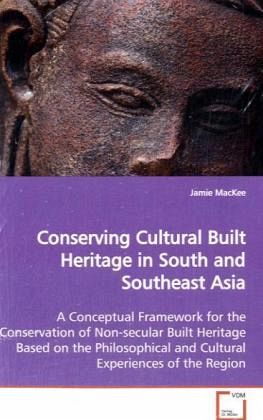
Conserving Cultural Built Heritage in South and Southeast Asia
A Conceptual Framework for the Conservation of Non-secular Built Heritage Based on the Philosophical and Cultural Experiences of the Region
Versandkostenfrei!
Versandfertig in 6-10 Tagen
52,99 €
inkl. MwSt.

PAYBACK Punkte
26 °P sammeln!
The societies of South and Southeast Asia and theircultural built heritage have their roots in thecultural traditions of the sub-continent havingdeveloped relatively independently, arguably sincethe enlightenment, to those in Europe. The cultural"paradigm" of conservation of the cultural builtheritage, which has become the universal approach, isbased on Euro-centric philosophical and culturaltraditions and is evident by its rationalist,materialistic empiricist approach. However, thehistoric approach in the Asian region has relied moreon a concern for the spiritual aspects of a monument,intangi...
The societies of South and Southeast Asia and their
cultural built heritage have their roots in the
cultural traditions of the sub-continent having
developed relatively independently, arguably since
the enlightenment, to those in Europe. The cultural
"paradigm" of conservation of the cultural built
heritage, which has become the universal approach, is
based on Euro-centric philosophical and cultural
traditions and is evident by its rationalist,
materialistic empiricist approach. However, the
historic approach in the Asian region has relied more
on a concern for the spiritual aspects of a monument,
intangible values, and its relationship to landscape
and site. In this situation rebuilding is often more
readily acceptable. There have been some concessions
toward these differences in such documents as the
Nara Document on Authenticity (ICOMOS 1994) and the
Hoi An (UNESCO 2005), but still within the
Western/Euro-centric milieu. An alternative paradigm
for interpreting the non-secular built heritage in
South and Southeast Asia supported by Buddhist
philosophy and systems theory is developed in this work.
cultural built heritage have their roots in the
cultural traditions of the sub-continent having
developed relatively independently, arguably since
the enlightenment, to those in Europe. The cultural
"paradigm" of conservation of the cultural built
heritage, which has become the universal approach, is
based on Euro-centric philosophical and cultural
traditions and is evident by its rationalist,
materialistic empiricist approach. However, the
historic approach in the Asian region has relied more
on a concern for the spiritual aspects of a monument,
intangible values, and its relationship to landscape
and site. In this situation rebuilding is often more
readily acceptable. There have been some concessions
toward these differences in such documents as the
Nara Document on Authenticity (ICOMOS 1994) and the
Hoi An (UNESCO 2005), but still within the
Western/Euro-centric milieu. An alternative paradigm
for interpreting the non-secular built heritage in
South and Southeast Asia supported by Buddhist
philosophy and systems theory is developed in this work.



